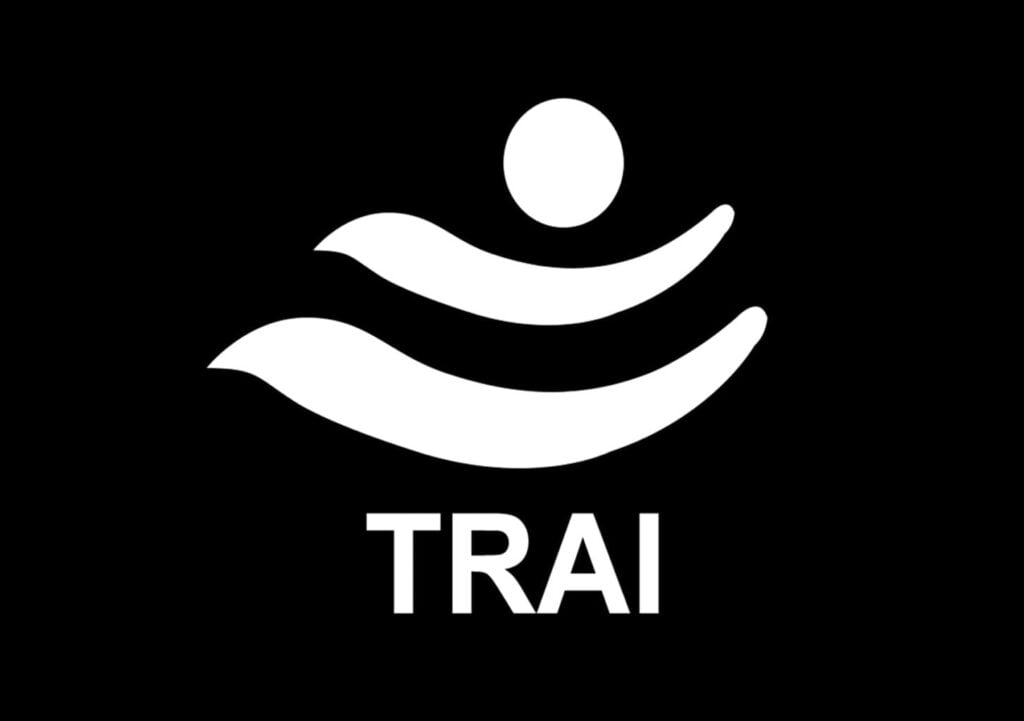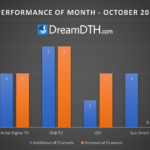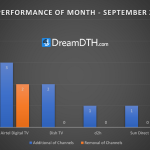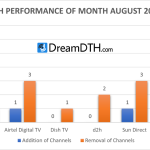The Telecom Regulatory Authority of India (TRAI) has announced amendments to the regulatory framework governing broadcasting and cable services. The Telecommunication (Broadcasting and Cable) Services (Eighth) (Addressable Systems) Tariff (Fourth Amendment) Order, 2024 is introducing changes that include modifications to the network capacity fees (NCF) and the discounts that distribution platform operators (DPOs) can offer, aiming to enhance transparency, flexibility, and consumer satisfaction.
Network Capacity Fees
TRAI has abolished the fixed ceiling on the network capacity fee, which was previously set at Rs 130 for up to 200 channels and Rs 160 for more than 200 channels. The new regulation allows service providers to set the NCF based on market dynamics, which can vary according to the number of channels, region, customer category, or other combinations.
To ensure transparency, all charges must be publicly disclosed by the service providers and communicated to consumers. Additionally, these charges also need to be reported to TRAI. The regulatory body said that NCF on secondary connections cannot exceed the NCF levied on the primary connection, earlier it was capped to Rs 50 per month.
Discounts on channel bouquets
In a move to provide more flexibility and attractive deals for consumers, TRAI has increased the maximum discount that DPOs can offer on channel bouquets from 15% to 45%. This adjustment is expected to make bundled channel offerings more appealing and affordable for subscribers.
Level playing field in the market
To maintain a level playing field, any pay channel available at no subscription fee on the public service broadcaster’s direct-to-home (DTH) platform must be declared free-to-air (FTA) by the broadcaster for all addressable distribution platforms. This change will affect the majority of channels available on DD Free Dish at no cost but listed as pay channels (usually below Rs 1 per month) on paid platforms.
Carriage fee
TRAI has removed the distinction between HD and standard definition (SD) channels regarding the carriage fee. A single ceiling for carriage fees has been established, allowing DPOs the discretion to charge a lower fee if they choose.
Clarity on service charges and prepaid subscriptions
Charges for services such as installation, activation, visits, relocation, and temporary suspension, which were previously regulated, will now be under forbearance. DPOs must publish these charges to ensure clarity and transparency. Additionally, the duration, term, and validity of all prepaid subscriptions must now be specified by the number of days to provide greater clarity to consumers.
Electronic Programme Guides and Platform Services
DPOs may now display Distributor Retail Prices (DRP) in electronic programme guides (EPG) alongside the maximum retail price (MRP) of channels. Platform service channels, which are exclusive to a DPO’s subscribers, must be categorized under the genre of ‘Platform Services’ in the EPG, with their respective MRPs displayed to ensure transparency.
Recommendations for the Information and Broadcasting Ministry
TRAI has also made a few recommendations to the Ministry of Information and Broadcasting (MIB). These include guidelines for listing channels in EPGs and transitioning the DD Free Dish platform to an addressable system. The ministry is asked to collect information from broadcasters about the primary language and sub-genres of non-news channels and display this information on its Broadcast Seva portal. This will help DPOs position channels appropriately in the EPG for easy navigation by consumers.
Encryption of DD Free Dish channels
To prevent unauthorized retransmission of television channels, TRAI has recommended that Prasar Bharati convert DD Free Dish from a non-addressable system to an addressable system. This transition will start with encrypting the signals of private satellite television channels at the DD Free Dish head end before uplinking. Eventually, all channels on DD Free Dish may be transmitted in encrypted form.
The Telecommunication (Broadcasting and Cable) Services (Eighth) (Addressable Systems) Tariff (Fourth Amendment) Order, 2024 is the first amendment of the year and was notified on July 8, 2024. Except for a few clauses, this amendment will come into force after 90 days from the date of its publication in the official gazette.









129 replies
Loading new replies...
Join the full discussion at the DreamDTH Forums →